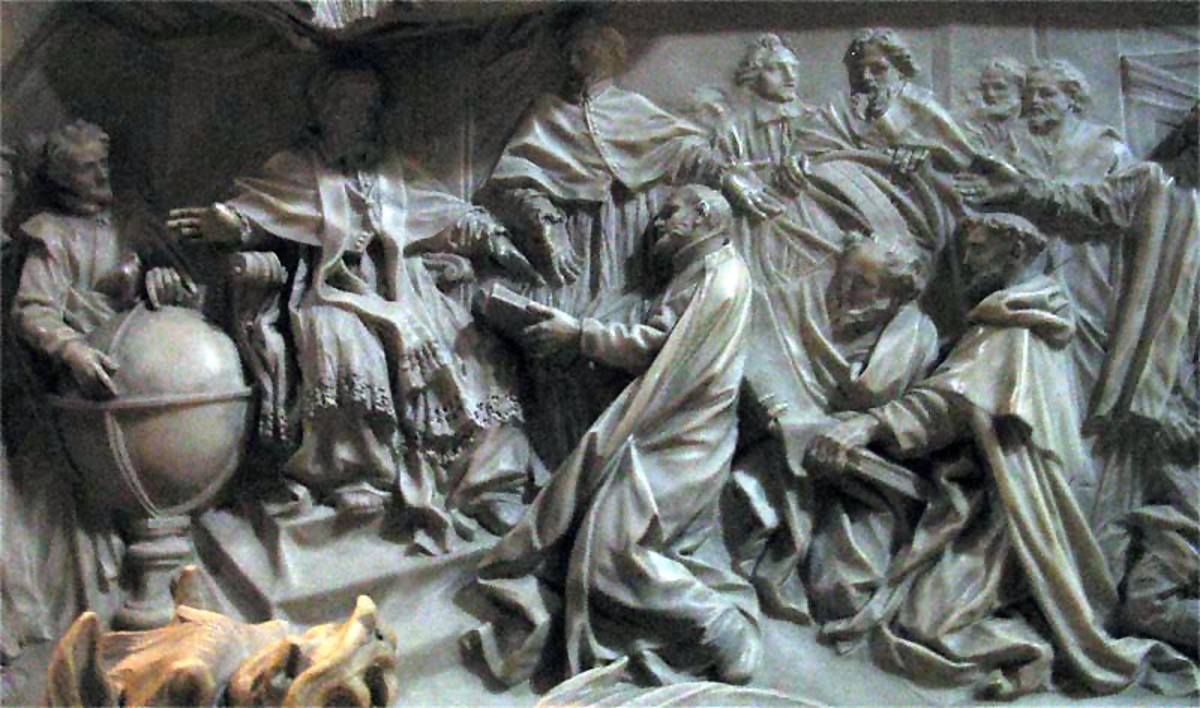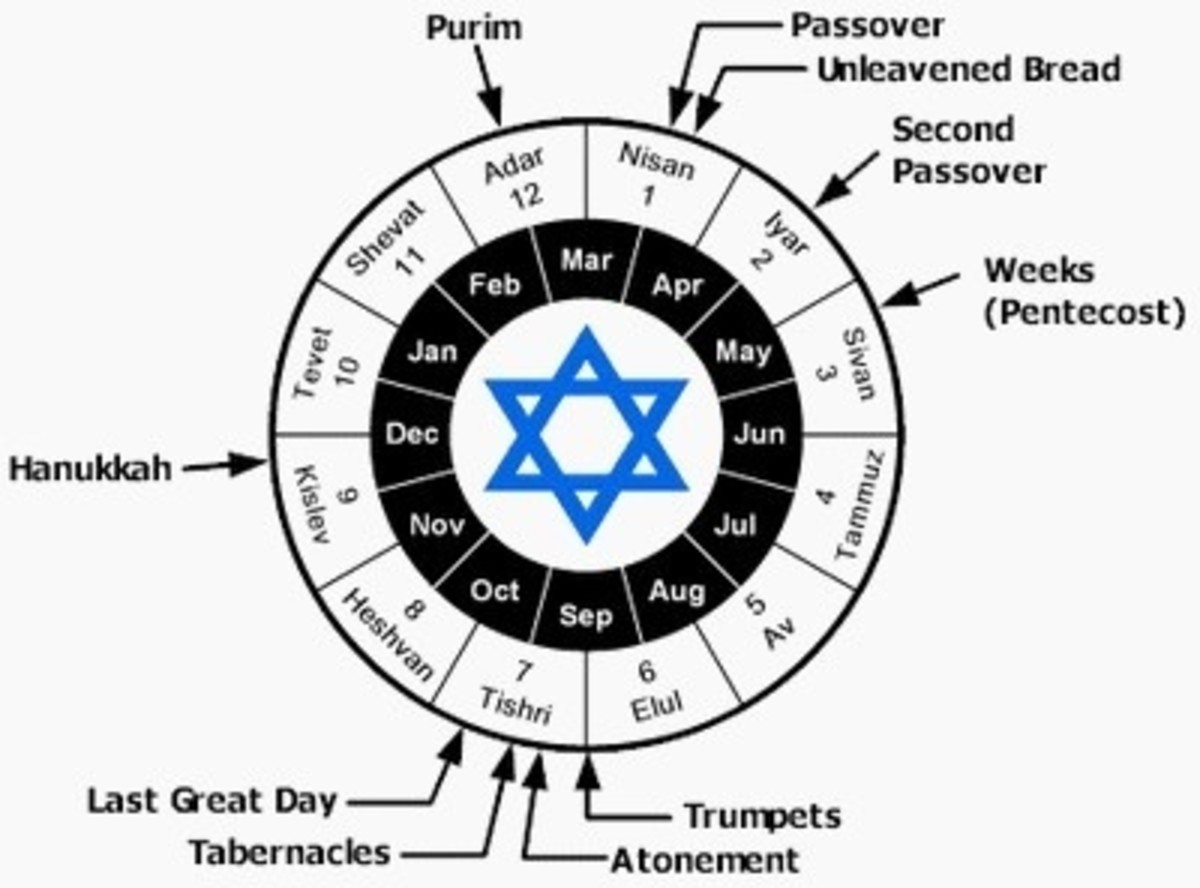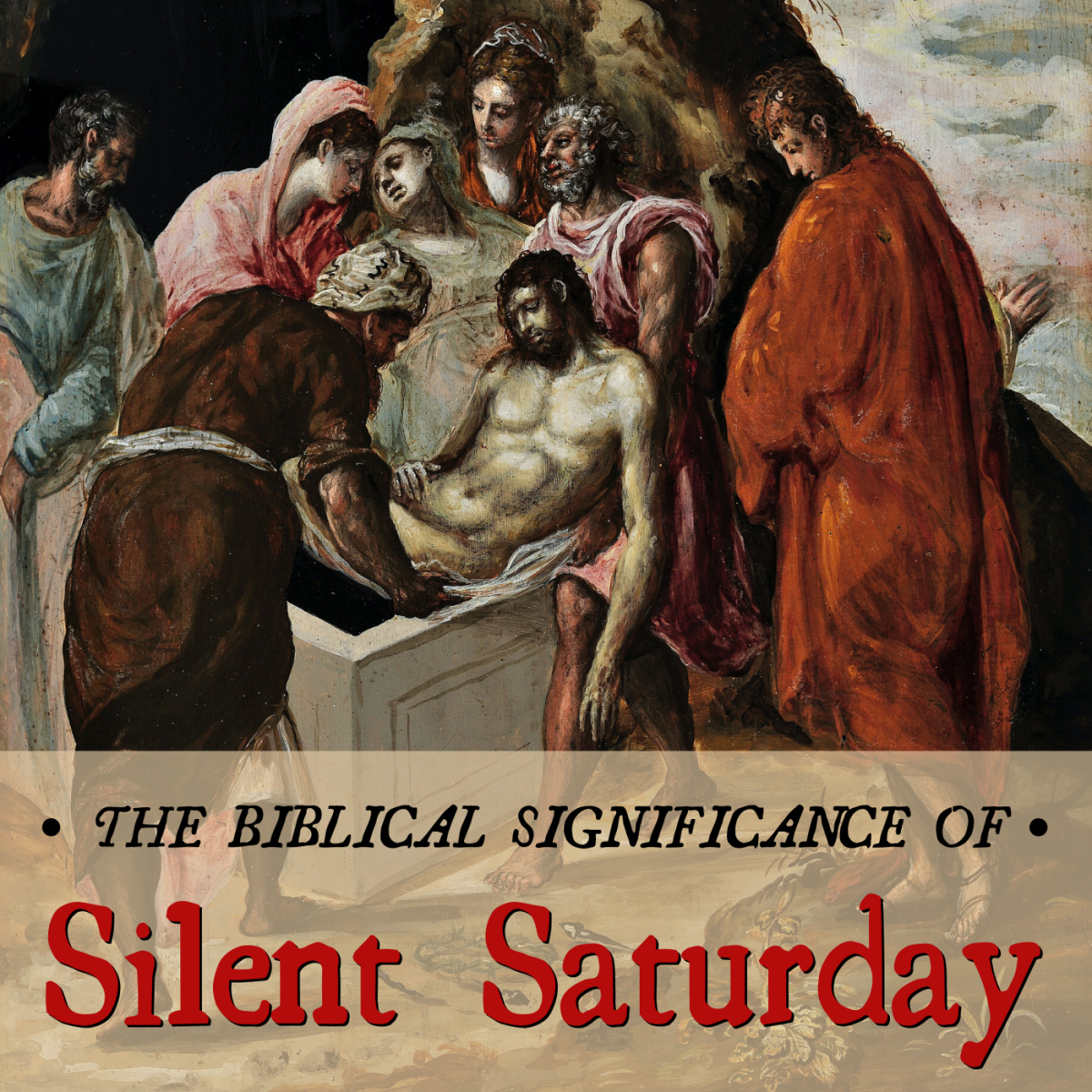When is Easter in 2014?

This year the Orthodox Easter falls on the same date as the standard Easter. This isn't the case every year and this will vary from one year to the next.
Easter in 2014 Falls on Sunday, April 20th
The date of Easter differs from year to year based on astronomical factors indicating the timing of the Hebrew Passover Feast (which is still celebrated by the Jewish people and by some Messianic believers as well).
In 2014, Easter falls on Sunday, the 20th of April. Easter is always on a Sunday because it is believed that Jesus died on a Friday and that he rose again on the following Sunday. The date for Easter can fall any time after March 21st, and some years Easter will fall in March and other years it will fall in April as a result of its timing according to the astrological schedule and the Gregorian calendar (for Western Christians) or the Julian calendar (for Orthodox Christians).
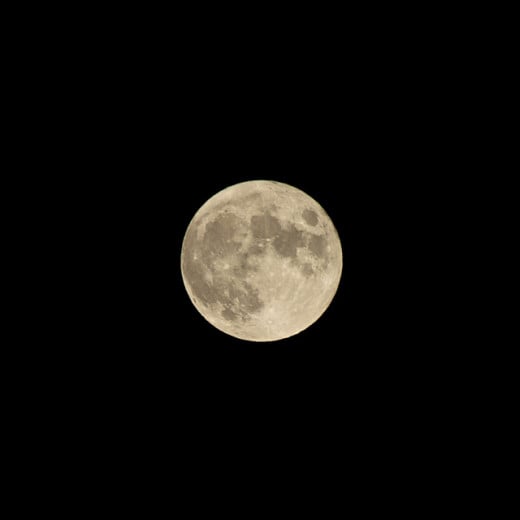
How is the Date of Easter Determined?
Because the date of Easter is different every year, many people ask how the date of Easter is determine. Clearly the reasoning isn't as obvious as Thanksgiving (which is the fourth Thursday in November every year), since Easter can fall anywhere between the end of March and the end of April.
So how is the date of Easter determined?
First of all, Easter must always fall on a Sunday. This is because Sunday is the day that Jesus is believed to have been resurrected and it is this resurrection that Christians are honoring when they celebrate Easter every year.
The Council of Nicaea determined that Easter would be the Sunday following the Paschal full moon. The Paschal full moon is the first full moon following the Vernal Equinox.
In 2014, the Vernal Equinox is on March 20th. The Paschal full moon falls on Tuesday, April 15th this year.
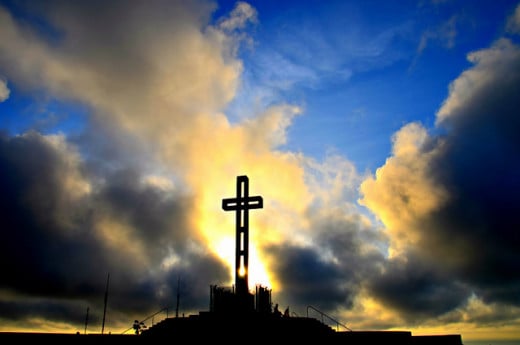
Which Easter do You Celebrate?
What about the Orthodox Easter? How is its Date Determined?
The date of the Orthodox Easter is determined similarly to the date of the Western Easter except that the Orthodox churches use a different calendar. Western Christianity is on the Gregorian Calendar while the Orthodox churches use the Julian calendar. Unlike the Gregorian calendar, the Julian calendar is astronomically inaccurate.
This year Easter falls on the same date for both calendars, but this isn't often the case with the Western and Orthodox celebrations. If you're curious about the Orthodox church or are considering a conversion, be aware that the holiday falls on a different date.

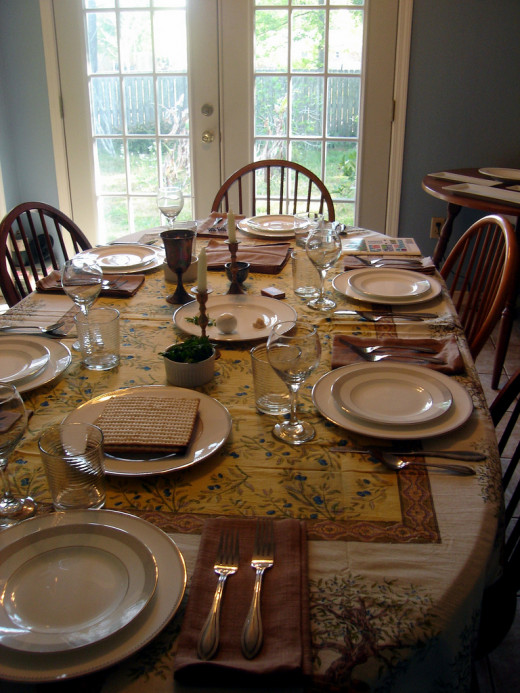
What is the Connection Between the Timing of Easter and the Timing of Passover?
Actually, there isn't a connection between the dating of Easter and the dating of Passover. Because the dating of Easter was determined by the Council of Nicaea, the celebration of the resurrection of Christ has been completely disentangled from the significance of Passover, making these two holidays entirely separate from one another. The formula for calculating the date of Easter is independent of the Passover tradition.
There is, however, a historical connection between Passover and Easter.
When Jesus ate his last supper with his apostles, he did so on what Christians refer to as Holy Thursday. This was the Passover Seder that he shared with his friends before going to be tried and executed the following day.
In summary: Passover was Thursday, Jesus was tried and crucified on Friday, and he rose again on Sunday, when Christians celebrate Easter.
The Different Easter Formulations
Pagan Easter
| Western Easter
| Orthodox Easter
|
|---|---|---|
Vernal Equinox
| Sunday Following the Paschal Full Moon (Gregorian Calendar)
| Sunday Following the Paschal Full Moon (Julian Calendar)
|
March 20-22
| March or April
| March or April
|
March 20th, 2014
| April 20th, 2014
| April 20th, 2014
|
The Paschal Full Moon Falls on April 15th, 2014
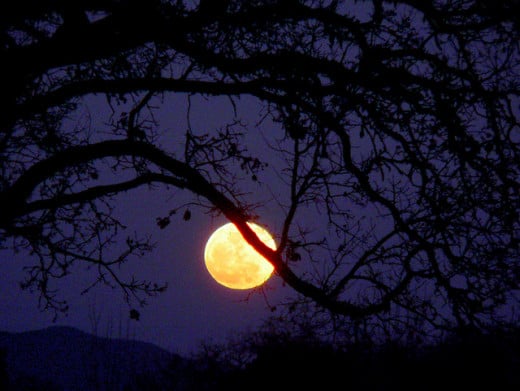
Passover is celebrated somewhat differently in Israel than it is in the West, with a 7 day Passover period as opposed to an 8-day Passover remembrance.
When is Passover in 2014?
In 2014, Passover will begin at sunset on April 14th and will end at sunset on April 22nd, 2014.
Passover is a bit more confusing to date for those who are unfamiliar with the Hebrew calendar. It always occurs from the 14th - 21st (or the 22nd in the Western communities) of the Hebrew month of Nisan, which is the seventh month in the Hebrew calendar. This should be simple, but it isn't, for this reason:
The Hebrew calendar consists of 12 months of 28 days each. If you do the math with the understanding that it takes 365 days (and a bit) to circle the sun, you'll realize immediately that this means there are far too few days in the lunar Hebrew calendar. This results in the addition of another month every 2 or 3 years in order to make up for these "lost days" in the year. For this reason, Passover will fall on different dates in the Gregorian (Western) calendar every year.
What's This about a Pagan Easter?
Modern pagans have a celebration of Eostre as well. This is also known as Ostara and is named for a Teutonic Goddess. It is believed that the name of the modern Christian celebration of Easter was derived from the name of this pagan goddess. It should be noted that most references to this holiday in modern times come from the practice of Wicca, a modern pagan practice originating in the early middle of the last century. The practice of celebrating the Goddess and Spring, however, pre-dates Wicca and modern practices by several centuries.
The Pagan Eostre is the date of the Vernal (or Spring) Equinox. This date varies from year to year, though many pagans stubbornly continue to celebrate on the 21st of March every year. The Vernal Equinox (Ostara) may fall between March 20th and March 22nd every year. In 2014, the Vernal Equinox (Eostre or Ostara) falls on March 20th.
© 2014 Becki Rizzuti

